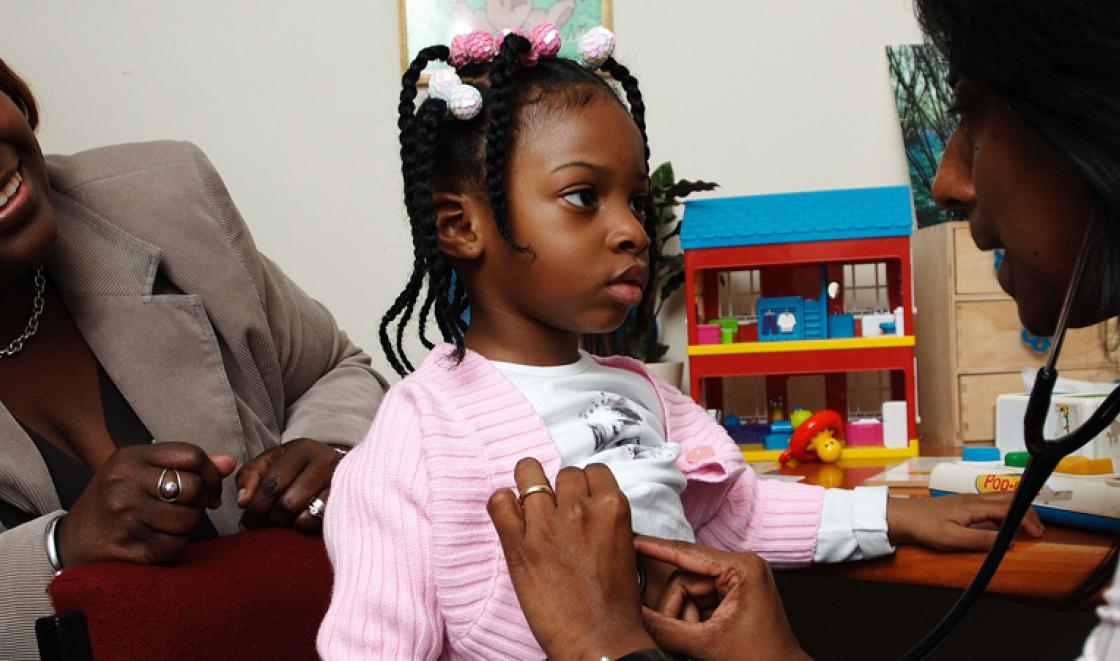They described how ARC researchers have implemented and evaluated a new programme that is improving the way health care is delivered for children and young people living in Southwark and Lambeth. The new model of care, developed in partnership with parents, children and health professionals, is designed to ensure children and families who need support are identified earlier. The model is also designed to ensure that everyday health conditions, such as asthma and eczema, are managed better and families can access care closer to home, rather than going to hospital.
Dr Wolfe and Dr Pickard outlined some of the positive outcomes that stem from this approach. Children and young people who received specialist nursing to support with asthma, eczema and constipation through the programme, saw significant improvements with their conditions.
- Asthma: 90% of patients who had uncontrolled asthma at their initial assessment were discharged with reasonably or well controlled asthma, when treatment was completed
- Eczema: 96% of patients had a clinically significant improvement on discharge
- Constipation: 85% of children with constipation levels above threshold when they enter the service, and after 6-10 weeks only 38% still have symptoms above threshold
There were also significant benefits in terms of health service use, with fewer families needing to visit A&E.
Strengthening integrated palliative care in care homes
The second presentation was on ‘Bringing care closer to ‘home’: Strengthening integrated palliative care in care homes’ with Dr Anna Bone, lecturer in epidemiology and palliative care, and Professor Catherine Evans, professor of palliative care, both King’s College London.
The researchers discussed how palliative and end of life care researchers based at the Cicely Saunders Institute have developed new models of integrated community-based care to improve quality of life for care home residents with advanced illness.
Dr Bone described how care homes are increasingly important providers of end of life care.

